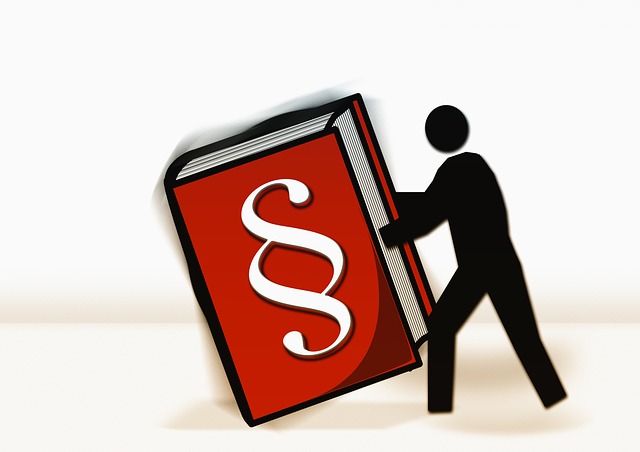a Phrase vs a Clause
In English grammar, phrase and clause are significant components, and understanding the difference between them is crucial. Both phrase and clause can be considered parts of a sentence. The origin of the word phrase can be traced back to the mid-16th century, while the origin of the word clause is found in Middle English.
What is a Phrase?
A phrase consists of a group of words that form a conceptual unit but do not create a complete sentence. In other words, a phrase refers to an idiomatic or short expression. Sometimes the word phrase is used figuratively to indicate a ‘manner or mode of expression,’ as in ‘a nice turn of phrase.’ The term phrase is also commonly used in music to refer to a group of notes forming a distinct unit within a larger piece. Additionally, the word phrase can be used as a verb, as in the sentence “He phrased the reply intelligently,” where it means ‘express in words.’ In the field of law, the word phrase refers to any single statement.
What is a Clause?
A clause is a distinct part of a sentence that includes a subject and predicate. It is important to note that a clause, like a phrase, does not form a complete sentence, often because it lacks an object. A clause consists of only a subject and predicate. For example, ‘When I looked into it…’ is a clause and is part of the sentence ‘When I looked into it, I saw my own reflection.’ In this sentence, the part ‘when I looked into it’ contains the subject ‘I’ and the predicate ‘looked into’ but does not complete the sentence by itself. Interestingly, a phrase is considered a subset of a clause.
Key Takeaways
- A phrase is a group of words that form a conceptual unit but do not create a complete sentence.
- A clause is a distinct part of a sentence that includes a subject and predicate, but often does not form a complete sentence.
- A phrase is considered a subset of a clause.
